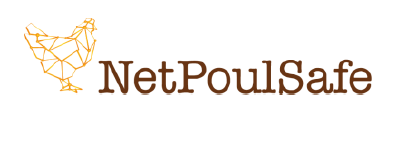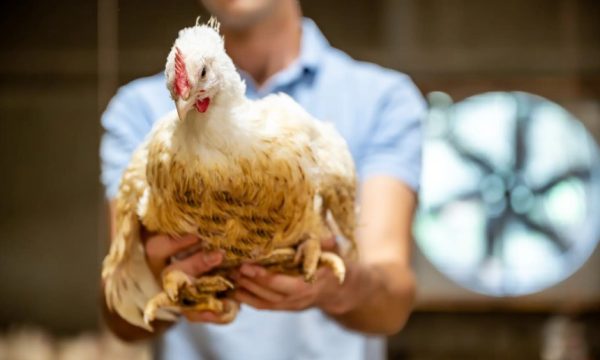Project news Improving biosecurity in the poultry sector
The Horizon 2020 "NETPOULSAFE" project has the goal of improving compliance with biosecurity in poultry farming by suggesting, validating and sharing supportive actions. Relevant suggested actions will be communicated on a large scale via audio-visuals, fact sheets, and e-learning modules.

The poultry sector is one of the most important agricultural productions in Europe, with 15.2 million tons of poultry meat and more than 7.5 million tons of eggs in 2015, and with a turnover of €21.2 billion in poultry meat in 2015 and €960 million in eggs in 2016. It is also a very sensitive sector in terms of epidemics, which can have a major economic impact on the sector (e.g. outbreaks of avian influenza in 2015 and 2017) and food-borne pathogens (Salmonella, Campylobacter, and antibiotic-resistant germs) that can affect public health. Correct and thorough biosecurity is seen as the most effective measure for preventing the spread of disease and protecting sustainable poultry farms. Good practices are known throughout Europe, but their application by farmers and other operators (e.g. transport, hatcheries...) is often not yet optimal. This is where the NETPOULSAFE project aims to change things.
The NETPOULSAFE project, implemented in 7 major poultry producing countries (France, Spain, Italy, Hungary, Belgium, the Netherlands and Poland) aims to improve biosecurity compliance in poultry farming by compiling, validating and sharing supporting measures. The supporting measures are practical examples that contribute to effective implementation of biosecurity and can be directly implemented by livestock farmers, advisors (including veterinarians) and policy makers. For this purpose, 7 national multi-actor networks consisting of more than 500 people in total will be established.
Proposed measures will be collected from both practice and literature and analyzed from technical and socio-economic perspectives to be either validated on pilot farms or disseminated directly to stakeholders. Relevant measures will be widely disseminated through customized materials (including audiovisuals, fact sheets and e-learning modules) that will be distributed through the national networks. In addition, the materials will be shared on a dedicated platform, which will be available by spring 2021.
The project, funded by the EU research and innovation program Horizon 2020 under Grant Agreement n. 101000728, has a total budget of approximately €2 million and will run for 3 years (October 2020 to September 2023).
Recent news via LinkedIn

